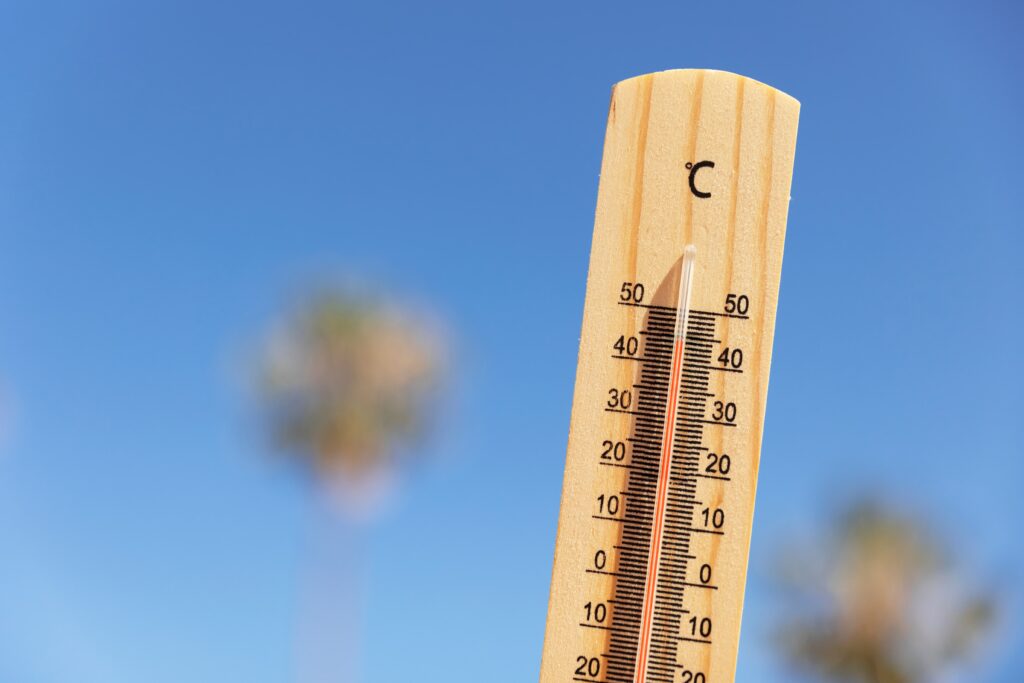
































Abu Dhabi hosted a Weather Summit that explored how AI could transform forecasting and support operations, such as cloud seeding. Experts emphasised that AI enhances analysis but must complement, rather than replace, human judgement.
Discussions focused on Earth-system forecasting using satellite datasets, IoT devices, and geospatial systems. Quality, interoperability, and equitable access to weather services were highlighted as pressing priorities.
Speakers raised questions about public and private sector incentives' reliability, transparency, and influence on AI. Collaboration across sectors was crucial to strengthening trust and global cooperation in meteorology.
WMO President Dr Abdulla Al Mandous said forecasting has evolved from traditional observation to supercomputing and AI. He argued that integrating models with AI could deliver more precise local forecasts for agriculture, aviation, and disaster management.
The summit brought together leaders from UN bodies, research institutions, and tech firms, including Google, Microsoft, and NVIDIA. Attendees highlighted the need to bridge data gaps, particularly in developing regions, to confront rising climate challenges.
 Hot Tags :
Capacity development
Internet of Things
Data governance
Digital aspects and the environment publish
Hot Tags :
Capacity development
Internet of Things
Data governance
Digital aspects and the environment publish